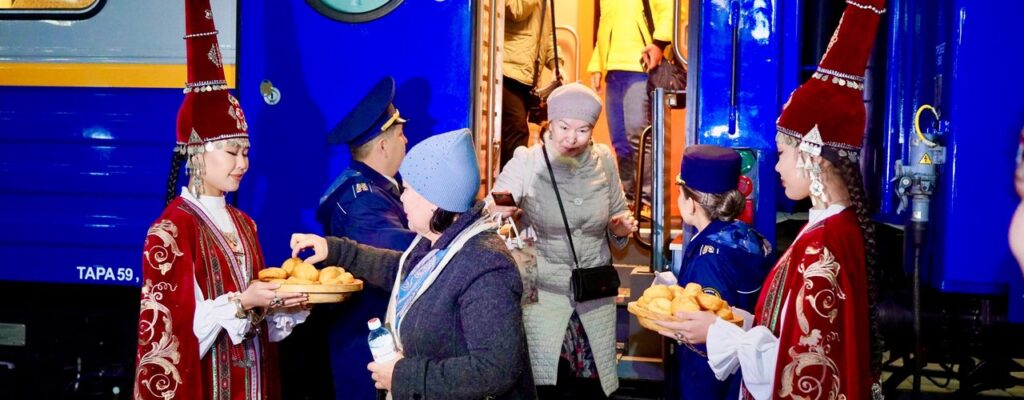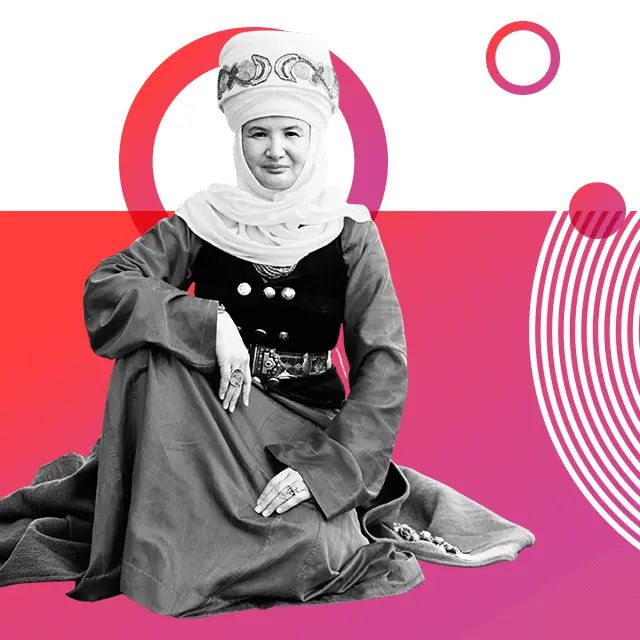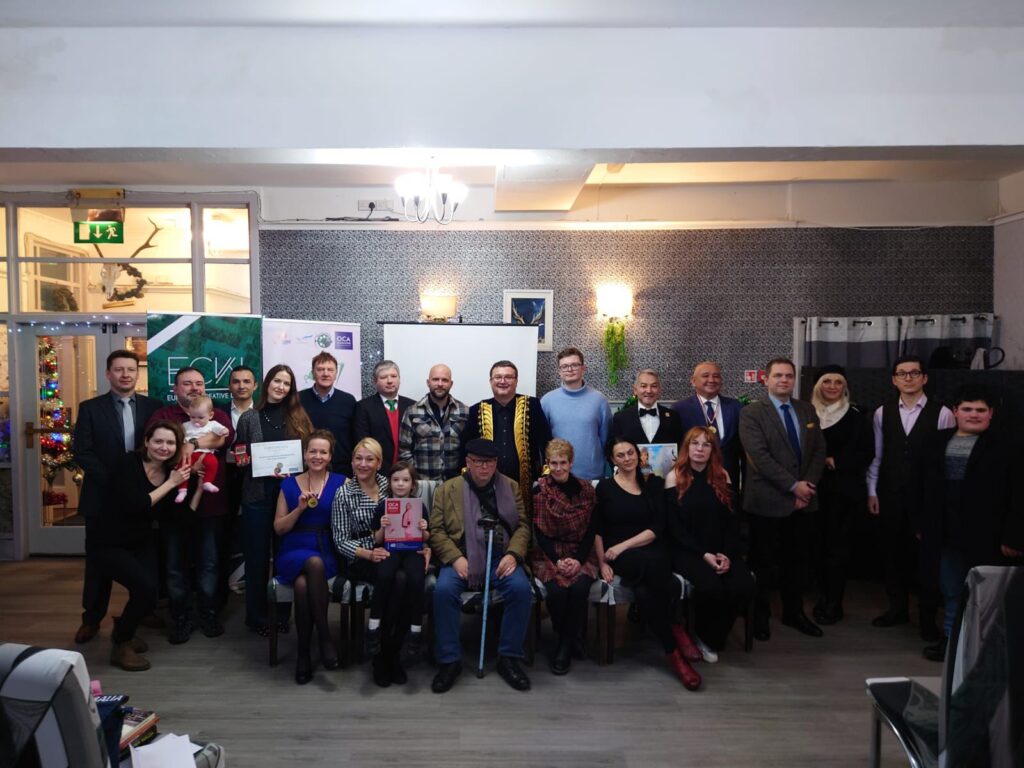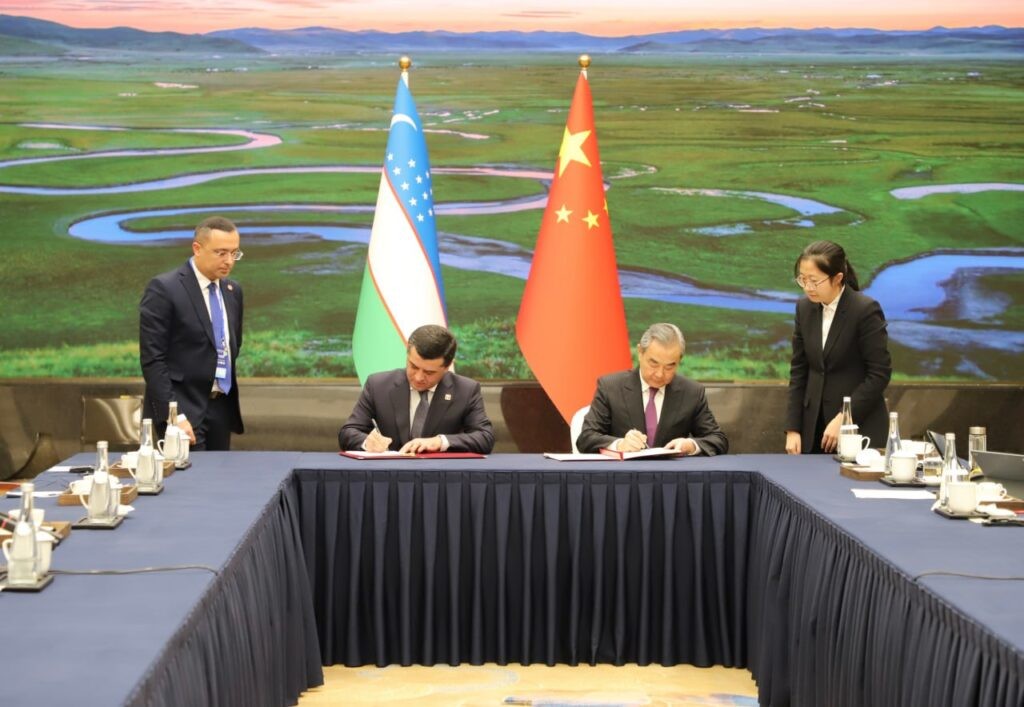Second Train Tour Launched Between Kazakhstan and Uzbekistan
Kazakhstan’s national railway company, Kazakhstan Temir Zholy (KTZ), has announced the launch of its second train tour, Jibek Joly (Silk Road) 2.0, connecting major cities in Kazakhstan and Uzbekistan. The inaugural journey on this new route will depart from Almaty on January 2, 2025, and return on January 7. The itinerary includes stops at some of the most iconic and culturally rich destinations in the region: Turkestan, Kazakhstan: Passengers will spend a full day exploring this ancient city, including a visit to the Mausoleum of Khoja Ahmed Yasawi, a UNESCO World Heritage Site renowned for its unique architecture. Tashkent, Uzbekistan: The tour will highlight the historical landmarks of the Uzbek capital, along with modern attractions such as the Magic City theme park. Samarkand, Uzbekistan: Travelers will visit landmarks including the Gur-Emir Mausoleum, Registan Square, and the Ulugbek Madrasah. Shymkent, Kazakhstan: The final stop on the tour is Kazakhstan’s third-largest city, known for its dynamic urban culture. As previously reported by The Times of Central Asia, this initiative follows the success of the first four-day train tour launched in November, which connected Almaty, Turkestan, and Tashkent. The Jibek Joly 2.0 train route underscores Kazakhstan’s commitment to enhancing regional tourism and strengthening cultural ties between the two nations.






